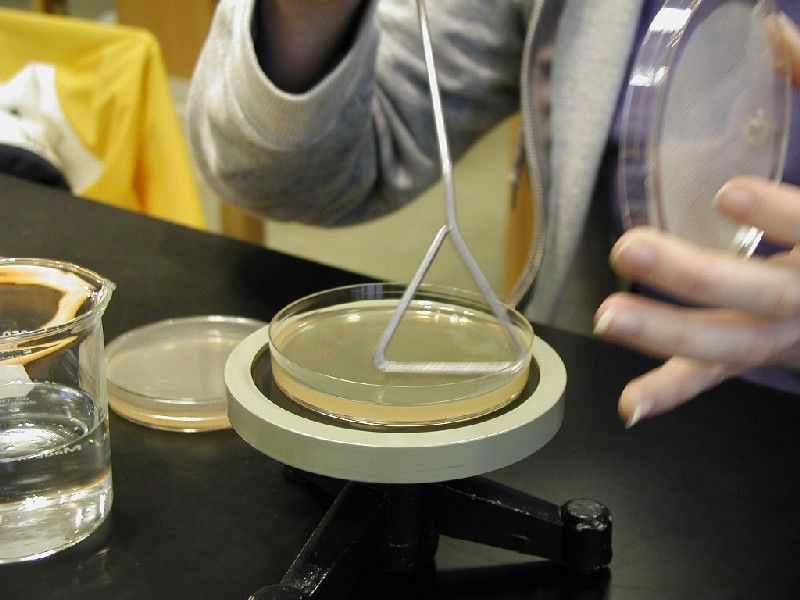What is Pure (Axenic) culture? It is laboratory microbial culture which contains only one specific species of microorganism. Why do we need it? Microorganisms are
Tag: Biotech

Cloning is a method of producing genetically identical organism that already exist in nature. It is asexual form of reproduction. There is no involvement of

Endosymbiosis explains the origin of chloroplast and mitochondria. The life was initiated on earth, around 3.5 billion years ago. The first life form was a
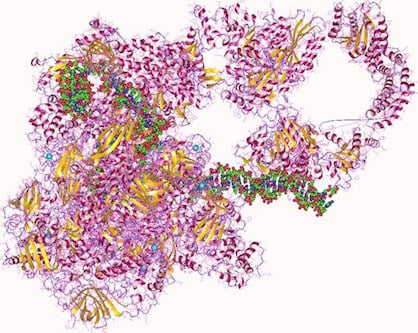
Introduction – Transcription is the synthesis of RNA from DNA, catalysed by a very special enzyme, RNA polymerase (RNAP). The DNA in the gene is

Alzheimer’s disease is a neuro-degenerative disease in which brain cells stop working or die. This disease destroys the person’s thinking skills and memory. It is

We have learned that world can be divided into living and non living. And the branch of Science that deals with the study of living

PCR – Polymerase Chain Reaction is one of the routine laboratory technique. It is used to make copies of desired DNA, just like photocopier machine
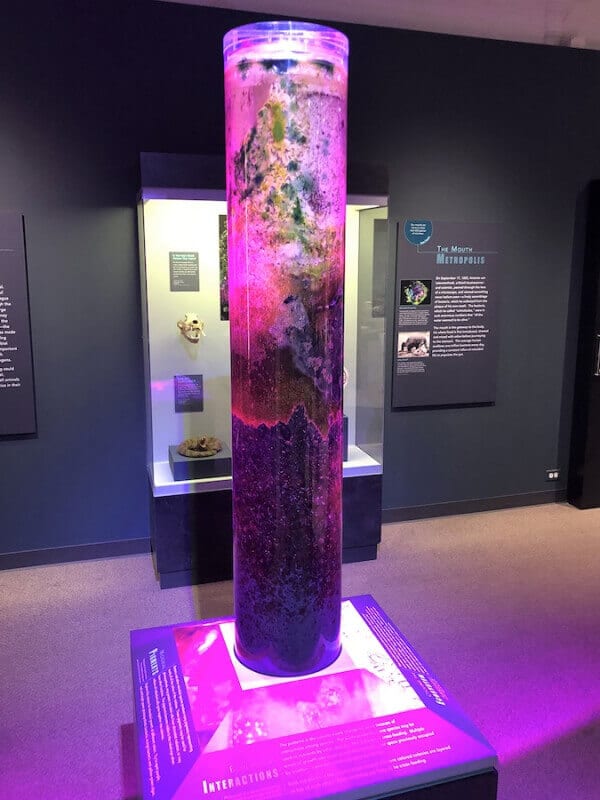
Introduction Winogradsky’s column is used to study cross section of a natural environment in the laboratory. Sergei Winogradsky invented the column in the 1880s. Various
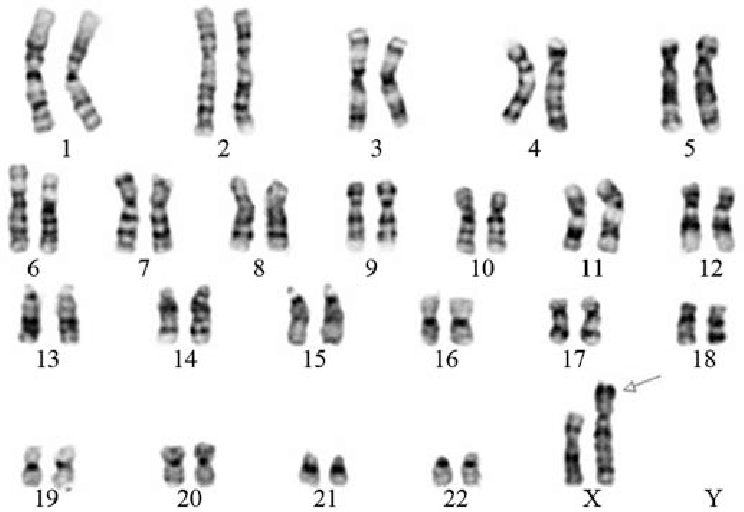
Chromosome is the compact structure of DNA. It is visible in different phases of mitosis and meiosis. Chromosome banding is an essential tool in Karyotyping.
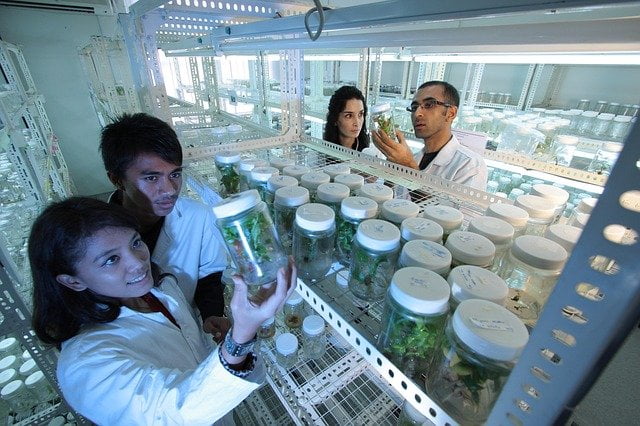
Are you searching for Biotechnology job for freshers? Following article deals with What Biotech Companies expect from Freshers/Young Graduates. If you are from Life Sciences
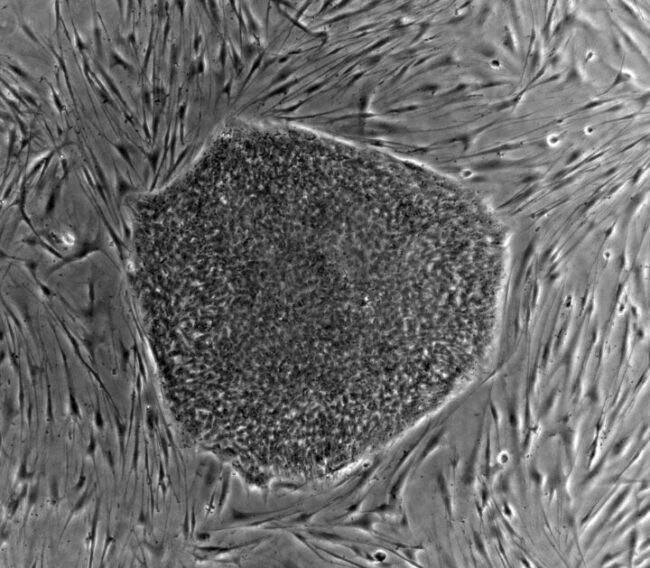
Stem cells are the backbone for all types of cells and tissue in our body. They are undifferentiated cells which have the ability to form
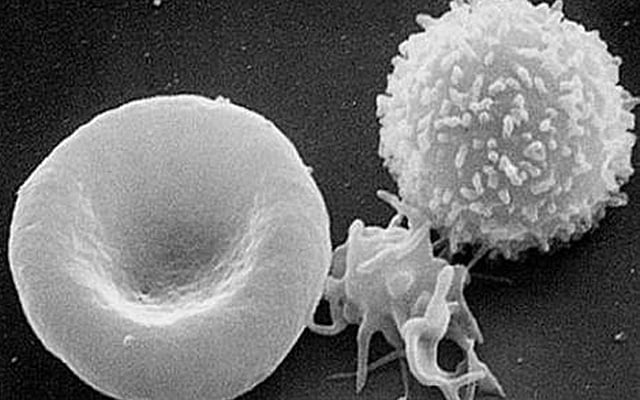
Stem cells are the progenitor cells that further differentiate into different types of cells. They are called the foundation for forming tissue, organs and body.
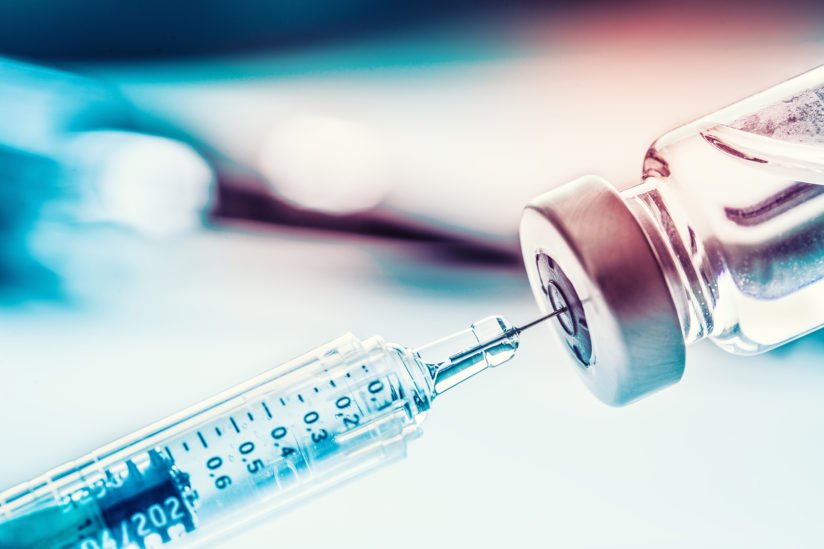
History of Vaccines – Immunology is the branch of life Science that deals with the study of immune system of living organisms. Recovering of people

Bacteria belongs to prokaryotes and hence it lacks nucleus and membrane bound organelle. But it has sufficient organelles that maintains and regulated important physiological, biochemical
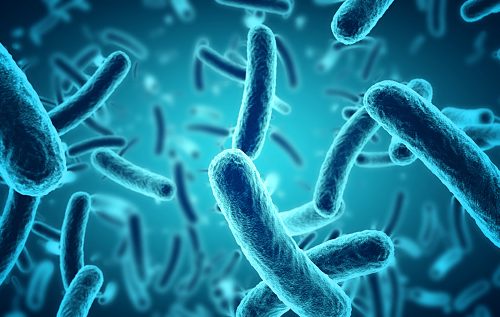
Archaebacteria are fascinating microbes and show diverse characteristics. They are unicellular and do not have nucleus and hence scientist thought to categorize them in prokaryotes.
